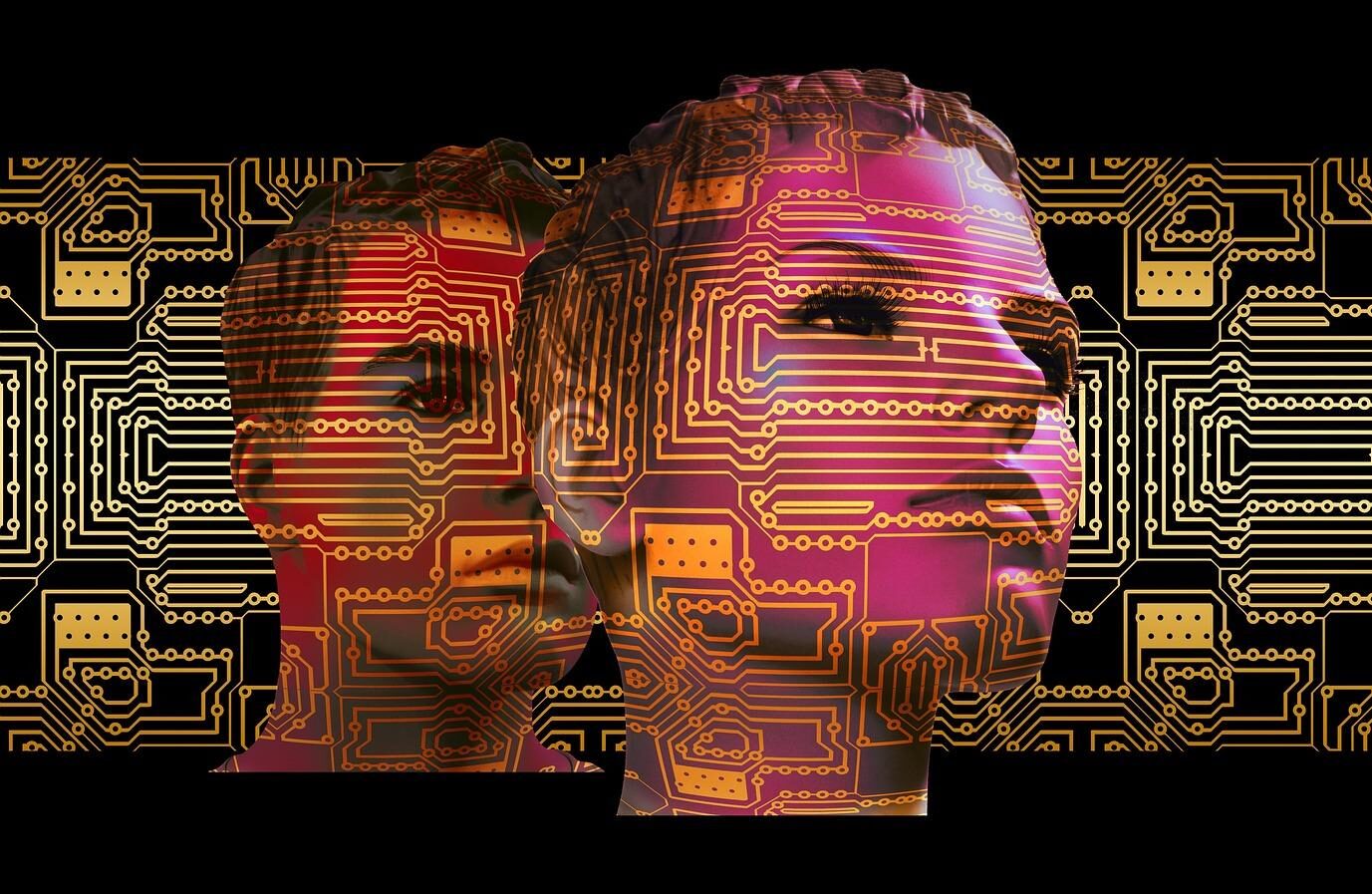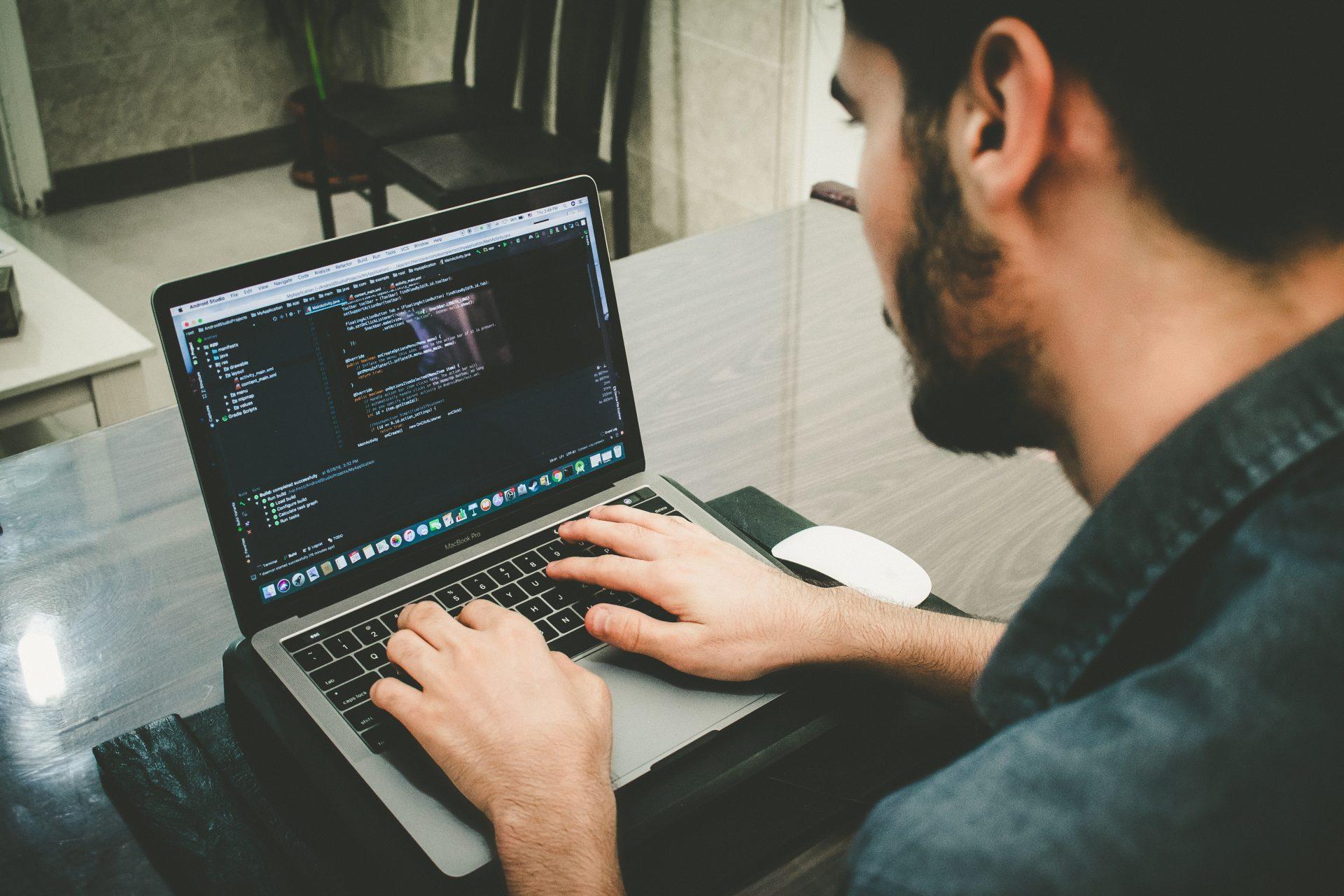Why Stonewall still matters, in tech and everywhere

Listen to the article
TL;DR: Six days of riots back in the late 1960s might seem a matter of history. But, to us, discrimination still proves to be a battle worth fighting. We do so to keep our working environments safe for everyone to shine with their talent. This is why we’re elaborating on the implications of the Stonewall Uprising today, and how we’re combatting gender violence with internal and external measures as a company.
Back on June 28th, 1969, Manhattan changed the course of history – for most, and forever. Celebrated as the day of the Stonewall Riots, also known as the Stonewall Uprising, today is a reminder of a series of events that catapulted basic human rights to the forefront of US national and worldwide history. And we don’t want to and cannot forget that. Here’s why Stonewall still matters to us, and what we’re doing about it as a company.
Why this piece of history still matters
When Martin Duberman, author of a book widely considered “the definitive account of Stonewall and the events that followed”, talked to Time Magazine about the Stonewall Riots, he eloquently claimed LGBTQIA+ folks having been despised all throughout the 1950s up to the late 60s. To him, we were treated as beings of a second-class nature.

LGBTQIA+ discrimination rates are very much alive
Yet, 70 years later, people in the LGBTQIA+ community are still facing proven setbacks around the world in their access to healthcare. For example, “almost one in four LGBT people (23%) have witnessed discriminatory or negative remarks […] by healthcare staff” and one in seven report having “avoided treatment for fear of discrimination.”
Furthermore, still only half of LGTBQIA+ folks “feel able to be open about their sexual orientation or gender identity to everyone in their family”. And “more than a third of LGBT staff (35%) have hidden that they are LGBT at work” due to that same fear. Other areas in which we could pull similar data, such as sports and other environments, are varied, however.
Recent statistics shared by Keisha Williams, Director of the Workplace Equality Program at the Human Rights Campaign (HRC) during an exclusive conversation with Blankfactor, for example, also deemed “46% of LGBTQ+ workers are closeted at work”. She noted that “53% of LGBTQ+ workers report hearing inappropriate remarks about LGBTQ+ people” in their work setting. These are a mere few of the figures validating more heavily just how deeply we need to be involved and interested in keeping our working environments a safe place to work for everyone.
Unfortunately, however, we could fill entire books of similar data. We could endlessly continue to highlight the number of areas and ways in which what Martin Duberman expresses above is still a very lively sentiment. It’s spread out throughout the globe, at this very moment.
Discrimination, hate crimes, and violence, in many of the forms it takes, from the subtlest to the most direct, are still happening across at least 70 countries. At the time you read this, 11 of them criminalize same-sex relationships, with an allowed or evident death penalty.
The 1960s altered our understanding of the world
The 1960s were a time full of meaningful historic events. It generated news on the feminist movement front. It also included the struggle for civil rights, particularly led by black activists. And Martin Luther King Jr’s assassination took place then, just to name a few critical events. But, as a time also full of laws attached to gender, with active sexual and gender identity discrimination, the Stonewall Uprising is also about the fight those before us upheld. They put their bodies forth to ascertain better access to our basic, human rights, and freedom.
As such, we honor our ancestors’ commitment and resilience by following up with our best personal and collective efforts. We try to make our world a better environment for everyone in and outside our office buildings. And we do so, especially, in the relationships we hold with each other, including our clients.
How Blankfactor moved forward during the month of June
It’s with great pride that we now get to follow up on our earlier blog entry this month, titled Why our pride month calendar goes beyond simple marketing. Doing so serves as a confirmation of all the initiatives that didn’t just keep us busy for the past few weeks, but to also ascertain our steady path into continued Diversity & Inclusion measures for years to come.
As such, we’re happy to see our offices ready for our talent across the globe to fill. They can do so with whatever is most meaningful and representative of their own personal and family lives in our Diversity and Inclusion murals.
We’ve continued to post content in our blog on Being an ally in the workplace since that note. And our most recent TikTok account has seen our very own talented video maker putting himself on the line to push our allyship initiatives forward in playful, resonating ways. This is just short proof of all the work our videographer has curated for our internal and external video communications.
We’ve kept the content coming
We’ve touched upon allyship in our working environments and the use of pronouns as a way to guarantee safe spaces for people to work, freely, as they are.
We’ve gotten serious with insight from what’s deemed “the largest gay, lesbian, transgender, bisexual, plus queer (LGBTQIA+) civil rights group in the USA” with a webinar you can now watch on LGBTQIA+ workplace equality and inclusion.
And we’ve had further conversations amongst us on the use of pronouns in the workplace, as well, being followed by a new webinar on How to be a good ally. This material is or will be available on our YouTube channel.
But, most of all, this content has had us talking. It has pushed us to group, chat, face each other, and determine what we’re doing. It has pressed us to say how we’re going to ascertain basic rights where people continue to feel valued. And how we’ll ensure people can express themselves for who they are.
When safety isn’t a guarantee, it’s a constant struggle
I write this note the day after marching in the opposite direction of a rather capitalist pride parade in the streets of San José, Costa Rica. I do so as our political activist movement is getting our newer generations confronting each other. In those events, we’re discussing the kind of celebrations and public manifestations we wish to foster throughout our nation.
I do so when our reality is flooded with the need to still visit LGBTQIA+ specific venues. As our safe places, most queer, sexually or gender dissident people, especially of color, still need them. We use them to see our friends, lovers, and make new acquaintances. But, mostly, we still resort to specific safe spaces to have fun and dance freely. We use them to get away from hate crimes from which we’re still not exempt anywhere around the globe.
As we commemorate six days of protests and violent clashes with law enforcement in the Greenwich Village 50 years ago, we also pause to remember Pulse and every other hate crime that has equally impacted our community. They hit our very backbone. And we do so as we remind ourselves that our lives are still an act of resistance.
In the end, human rights are a matter of freedom
As any other human being of any kind, members of any community, but today highlighting LGBTQIA+ folks especially, very much appreciate being able to exercise our identities to the full extent of our capacity. Especially in our diverse working environments. Being able to group and speak up for our rights is crucial for our freedom of expression. And it gets us having meaningful conversations.
At Blankfactor, we’re working towards a more informed roadmap of how to navigate our needs moving forward. Yet, overall, we continue to do business in a human-centric approach. And we do so with the guiding value of treating people well, wherever they are.
You’re welcome to be a part of that.
Was this article insightful? Then don’t forget to look at other blog posts and follow us on LinkedIn, Twitter, Facebook, and Instagram.







